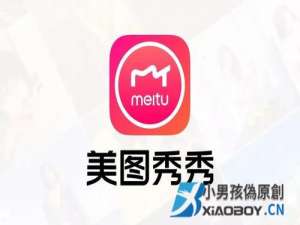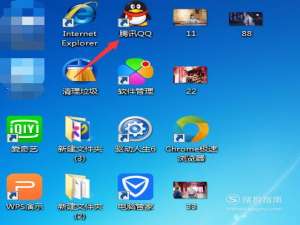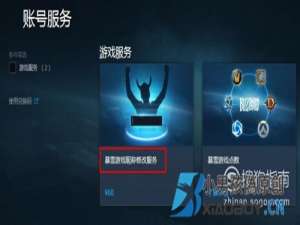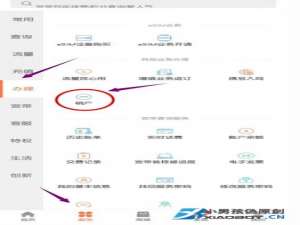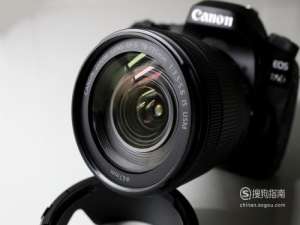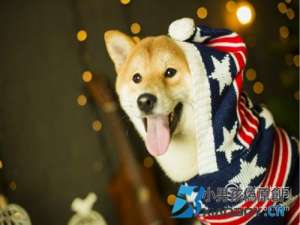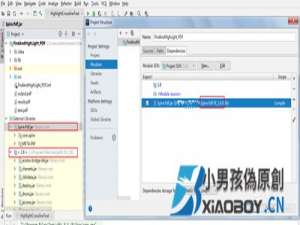介绍元宵节舞狮子英语

舞龙舞狮的英语翻译
Dragon and lion dance are traditional Chinese performances that are often seen during festive occasions, such as the Lantern Festival and Chinese New Year. The dragon dance involves a long dragon made of fabric and bamboo poles that is manipulated by a team of dancers. The lion dance, on the other hand, features performers dressed in lion costumes who mimic the movements of a lion. Both dances are believed to bring good luck and ward off evil spirits.
【\"元宵节\"英语怎么说? \"汤圆\"英语呢? 还有\"花灯节\"、\"猜灯谜\"、\"舞狮\"的翻译】
In English, \"元宵节\" is translated as the Lantern Festival. \"汤圆\" is called Tang Yuan, and \"花灯节\" is known as the Decorative Lantern Festival. \"猜灯谜\" can be translated as \"Guess the riddle,\" and \"舞狮\" is translated as \"give a lion dance.\" These terms accurately depict the traditional customs and activities associated with the Lantern Festival.
元宵节在西方国家被称为什么?
In Western countries, the Lantern Festival is not widely celebrated as it is in China. However, some countries may refer to it as the Chinese Lantern Festival or simply as the Lantern Festival. The significance and cultural context of the festival may vary depending on the country. For example, in South Korea, instead of celebrating the Lantern Festival, they have a tradition called \"正月大望日\" (meaning \"looking at the full moon\") on the fifteenth day of the first lunar month. They do not eat Yuanxiao (元宵) but consume a mixture of glutinous rice, millet, and other grains.
元宵节英文缩写?
The English abbreviation for 元宵节 is the Lantern Festival, which is one of China\'s traditional festivals. The Lantern Festival is marked by various cultural activities such as admiring lanterns, eating Tang Yuan, guessing riddles, and setting off fireworks. In some regions of China, the festival may also include activities like dragon lantern parades and lion dance performances.
请用英语介绍元宵节,以此写一篇作文
Lantern Festival is a China\'s traditional festival celebrated on the fifteenth day of the first lunar month. It is a time of joy and excitement, marked by colorful lanterns, delicious Tang Yuan, and captivating lion dances. The festival holds great cultural significance, symbolizing the end of the Spring Festival and the beginning of a prosperous year ahead. People gather with their families to enjoy the festivities, admire the intricate lantern displays, solve riddles, and exchange blessings. It is a time when communities come together and embrace the rich heritage of Chinese traditions.
英语翻译农历正月十五元宵节,又称为\"上元节\"
The fifteenth day of the first lunar month, known as \"上元节\" in Chinese, is translated as the Lantern Festival in English. It is a time when people come together to celebrate the first full moon of the lunar year. The Lantern Festival is also referred to as \"上元节\" (Shang Yuan Festival) as it marks the end of the Spring Festival and is considered a time of renewal and new beginnings.
lion的趣味记忆?
To remember the word \"lion,\" you can use the mnemonic device: \"li\" sounds like \"li\" (梨), which means \"pear\" in Chinese, and \"on\" sounds similar to \"on\" (在) in Chinese, meaning \"on top of.\" So, you can imagine a pear on top of a lion\'s head, creating a playful and unforgettable image. This creative association helps to remember the word \"lion\" and its pronunciation.
\"农历、过年\"、除夕之夜\"、年初一\"、元宵节\"、正月十五\"英文怎么说?
Here are the English translations for these terms:- 农历: lunar calendar- 过年: Chinese New Year- 除夕之夜: New Year\'s Eve- 年初一: the first day of the lunar new year- 元宵节: Lantern Festival- 正月十五: the fifteenth day of the first lunar month
英语短文写年夜饭50词?
New Year\'s Eve dinner, also known as the \"年夜饭\" in Chinese, is a significant traditional feast in China. Families come together to enjoy a delicious meal and celebrate the arrival of the new year. The dinner includes various symbolic dishes, representing prosperity, good luck, and unity. It is a time of laughter, joy, and the sharing of warm memories. The feast marks the start of a hopeful and prosperous year ahead.
英语节吉祥物?
The mascot for the Lantern Festival is called \"吉亚\" (Ji Ya). The name \"吉亚\" combines the Chinese word \"吉\" (ji), which means \"auspicious\" or \"lucky,\" and \"亚\" (ya), which represents Asia. The mascot depicts a baby figure, symbolizing hope and growth. It resembles a young child full of infinite possibilities and a bright future. The headwear of the mascot is designed in the shape of a lion, a traditional symbol of the festival. The body is shaped like the Earth, representing the unity and diversity of cultures within the continent of Asia.





